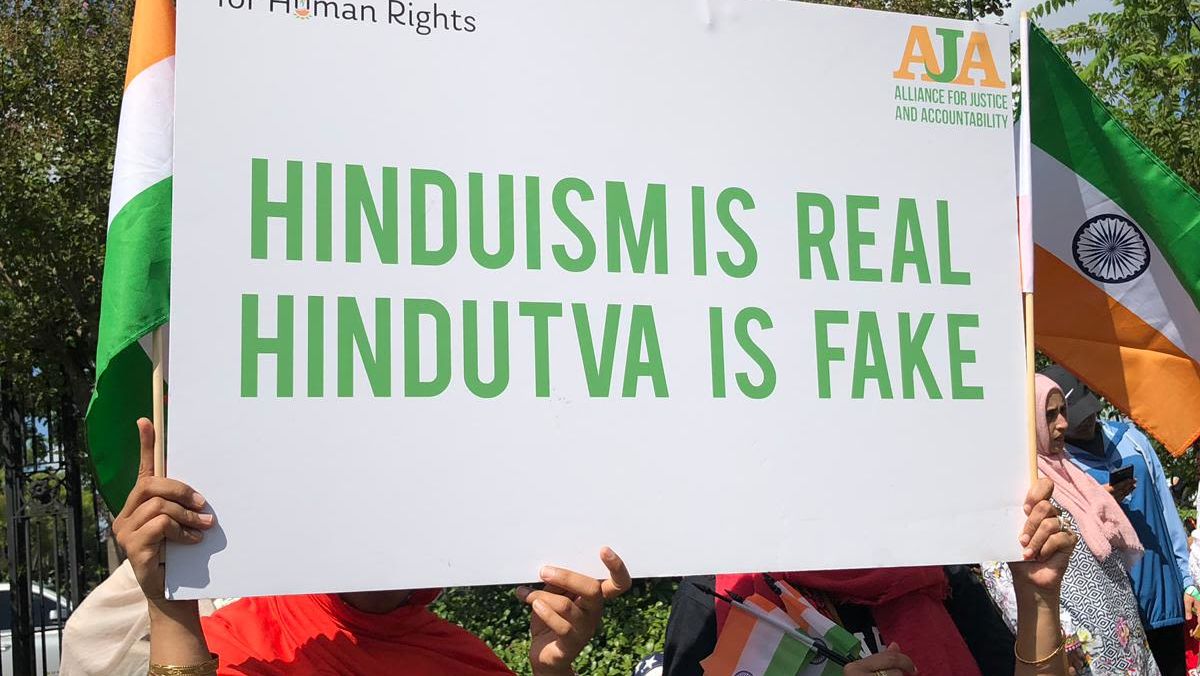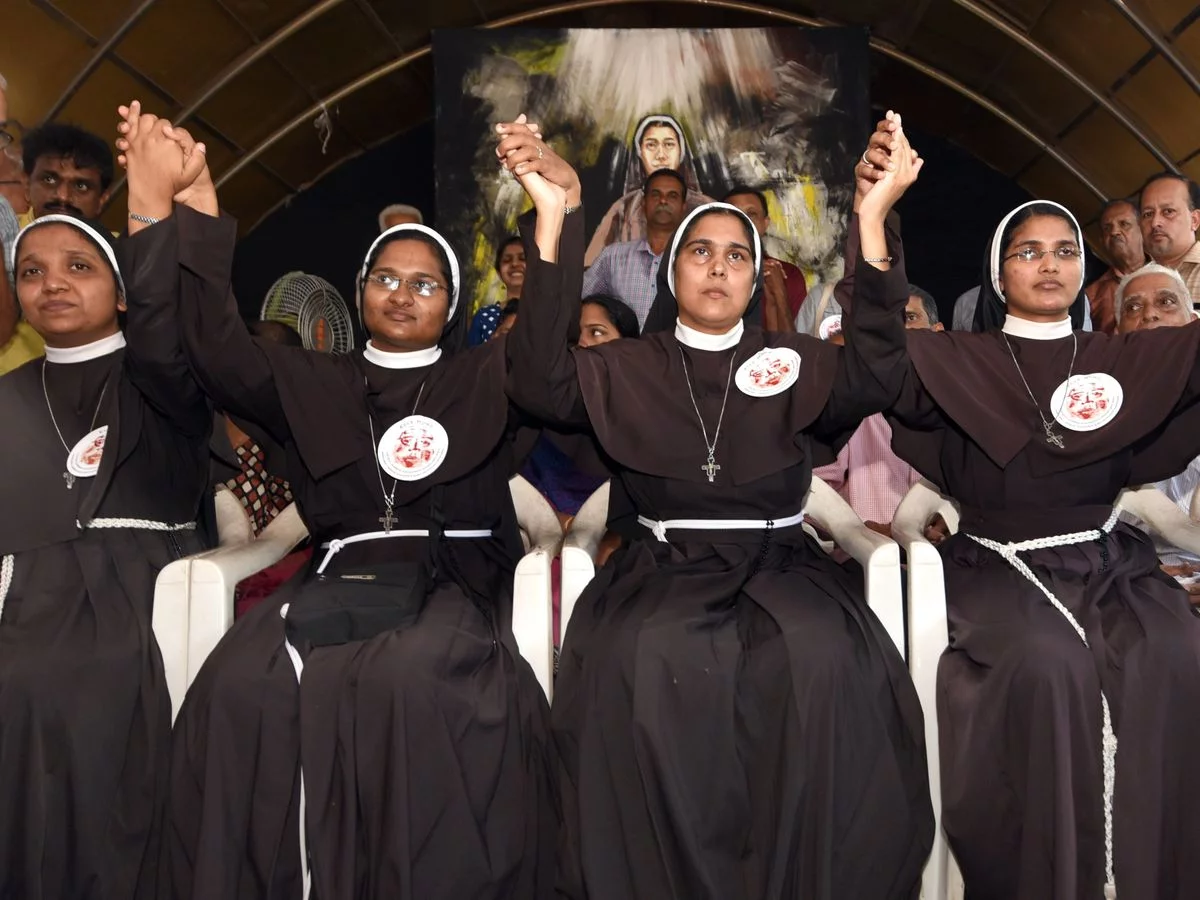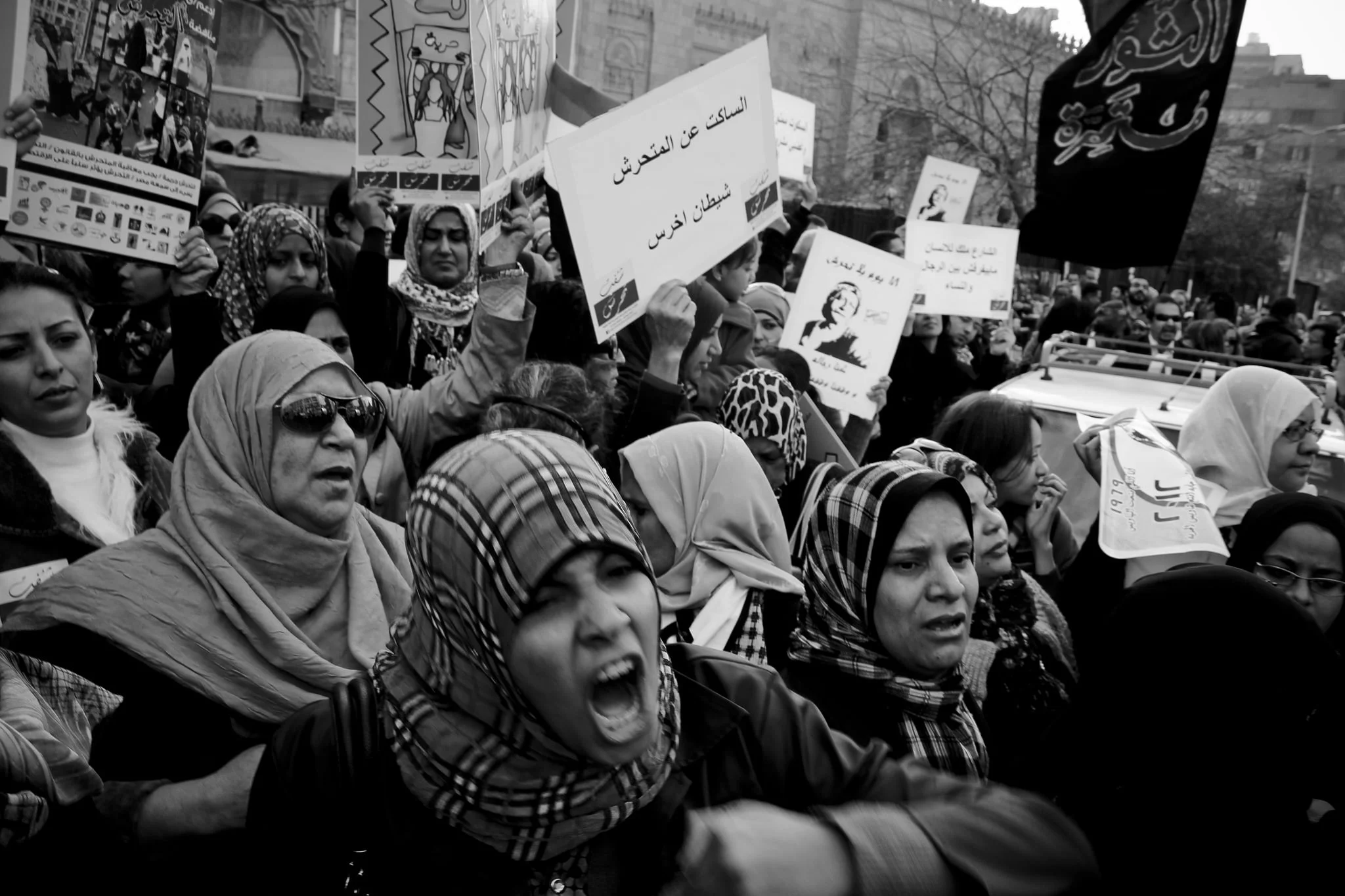A couple of weeks back an infographic got viral, making circles around the feeds of every other person. From Shashi Tharoor to Kunal Kamra, everyone advocated for it. The infographic differentiated between ‘Hinduism’- a religion, and ‘Hindutva’- an extremist Hindu ideology. The purpose of it was to make a very simple point: Hindutva is not Hinduism. BJP’s policies propagate Hindutva, and therefore BJP’s policies are anti-Hinduism. The importance of this debate comes from the fact that this ‘Hinduism vs Hindutva’ distinction has the power of making Hindus become a part of the on-going protests without having them to criticise their religion, but is this distinction actually true? Or is it just a distinction of convenience that lets Hindus distance themselves from the divisive and discriminatory policies of the BJP?

To answer such a question, it is necessary to revisit Ambedkar’s writings: an intellectual who wrote extensively about Hinduism and its evils. He advocated that Hinduism in itself is an extremist ideology. There’s no ‘moderate’ Hindu. In fact, ‘moderate’ and ‘Hindu’ are contradictory, he claimed. This is because the foundation of Hinduism lies in suppression, be it of Dalits or women. Systematic oppression of Dalits and women and the idealisation of Brahmins can be seen everywhere in Hinduism, from texts to practices and beliefs. Thus, it is fair to say that the policies of the BJP that champion Brahmin men over anyone else aren’t ‘anti-Hinduism’, in fact they’re birthed from key Hindu texts like the Manusmriti.
There’s no ‘moderate’ Hindu. In fact, ‘moderate’ and ‘Hindu’ are contradictory, he claimed. This is because the foundation of Hinduism lies in suppression, be it of Dalits or women. Systematic oppression of Dalits and women and the idealisation of Brahmins can be seen everywhere in Hinduism, from texts to practices and beliefs.
So, Is Hinduism and Hindutva the Same Thing?
Unlike Hinduism, the word ‘Hindutva’ didn’t come into popular discourse until 1923. It was coined by V.D. Savarkar in his text. For him, ‘Hindutva’ wasn’t the same as Hinduism. It had nothing to do with the practices and beliefs of the religion, but was only concerned with the political domination of the Hindus. Given this, it can be said that Hinduism and Hindutva are not the same, but they aren’t contradictory either. What Hinduism does in the social lives of the people, Hindutva does so in the political life. Hindutva is an ideology of Brahminical supremacy, and to achieve that goal, the best tool is to practice the religion of Hinduism.
Also read: Where Does The Identity Of Female Ascetics Lie In Hinduism?
The entire distinction of ‘Hindutva vs Hinduism’ does more bad than good. It conveniently makes the Hindus feel good about their religion without having to criticise the evils of Hinduism. The murderers of Rohith Vemula and Payal Tadvi weren’t Hindutva supporters, they were Hindus. The assassins of Gauri Lankesh weren’t Hindutva supporters, they were Hindus. The people who lynched a Kashmiri to death weren’t Hindutva supporters, they were Hindus as well.
Given this, it can be said that Hinduism and Hindutva are not the same, but they aren’t contradictory either. What Hinduism does in the social lives of the people, Hindutva does so in the political life. Hindutva is an ideology of Brahminical supremacy, and to achieve that goal, the best tool is to practice the religion of Hinduism.
It’s very easy to pass off the evils of Hinduism as ‘Hindutva’, but it is important to mention that Hindutva came into existence because of Hinduism, and it is sustaining, thriving, and growing because of it. Moreover, it is only when Hinduism is questioned that the narrative of ‘Hindutva’ is brought forward. Rarely will it be found that Hindutva is being talked about in isolation. This seems more like a tactic of shifting blames to diffuse accountability. The implications of this discourse on the on-going protests are immense. Several Ambedkarites have raised their voices to argue that the need of the hour is to acknowledge the flaws of Hinduism, and not to put the blame on an ideology that itself follows the foundations of this oppressive religion.
Hinduism is oppressive, and it will remain oppressive without the additional tool of Hindutva. The present government is milking this religion to churn out policies that are divisive, oppressive, and exploitative. These tactics might overlap with Hindutva’s goals, but that doesn’t make them different from Hinduism.
Also read: Kumari Puja In Nepal And India: A Dichotomy In Hinduism
The ‘Hindutva is not Hinduism’ distinction adds nothing to the discourse except for making the Savarnas feel good about being oppressive. What is needed is for the people to call a spade a spade; for Hindus to acknowledge the evils of Hinduism in order to stop the government from creating a framework that legally sanctions discrimination.
Featured Image Source: Velivada





It seems rather unfair to claim that Hinduism is fundamentally oppressive by quoting from texts like manusmriti. 99.99% of savarnas have never read it nor borrow their casteist ideology from it. That is an acquired behavior passed down through exposure to performative oppression. Even if you were to say this is evidence of the oppressive nature of Hinduism, a similar and stronger conclusion can be reached from such arguments applied to those of Abrahamic texts which claim to be the word of God and are read far more frequently by adherents, this is conveniently left out. Not even the vedas (shruthis) claim to be the word of God , so to claim a smriti shapes modern caste oppression is a massive leap of logic.
I am an ascriptural theist and have a Hindu upbringing, I was atheistic at some point. Most people have theistic tendencies, and 10% of the global population are Hindus. Religions evolve with time becoming more and more progressive and it is necessary to facilitate this process from a pragmatic humanist point of view which is exactly what the Hindutva – Hinduism distinction is attempting to accomplish. Moreover Hindutva is a written ideological framework, Hinduism is a label given to the loose collection of spiritual belief systems and practices found in the subcontinent prior to the arrival of Islam so this distinction is more than valid. People will a much easier time annihilating caste and sexism if they are allowed to do so without completely denouncing their spiritual identity however flimsy it may be. Further more asking people to denounce the Hindu identity altogether could have disastrous consequences undoing years of humanist progress and they may revert to their caste identity. I think the vague identity of Hindu is particularly permissive of progress since it is not gnostic and it helps to keep it that way.
Also , all categorical structures and identities are inherently oppressive including national because they presuppose an other. For all the Ambedkar worship Dalit activists do, he was an architect of the Indian nation state, the ultimate tool of oppression. How many communist insurgents, radicals , Pakistanis has the Indian nation state killed, how many people has it put in prison. All this is to say naming Hinduism the problem for oppressive policies of the government is an unnecessary and weak stance doing more harm than good. I don’t know why progressives always want to shoot their causes in the feet.
Hinduism is oppressive period, you say. If I say the same about Islam, you will have multiple fits followed by an episode of hurling incoherent abuses at me.
The Prime Minister of India belongs to the OBC category. ABVP denounces any and all claims of your skewed, utterly contemptible “article”, if I can call it that.
https://www.thehindu.com/news/cities/Delhi/abvp-burns-manusmriti-copies-in-jnu/article8330154.ece
If you have looney conspiracy theories about some kind of a secret plot by da Brahmins to take over the system, please say so because that puts you in the category of Hitler who promulgated such nonsense about the Jews just before he conducted mass genocide.
A genuine question for all the 3rd Gen feminists- Why do you have so much hate for Hinduism. This article provides one sided view bashing the religion calling it a problem.
While an article on women’s position in Islam was whitewashing it by selectively picking up things and praising it.
What exactly do you guys want? Why not see both objectively? Why is only Hinduism seen as evil? Just look at position of Hindu and Muslim women in India. Former is doing much better. But I guess you don’t care because it’s about narrative, not logic.
What r u talkin about wef-hindus most illiterate class.do u really think hrw-womens rights in India,majority of the rape cases are ofhindus,and in rural region it’s hindus.sorry Muslim women can divorce and remarry and also has property rights compare to hindus.dowry deaths are enough also it’s Muslim who are better in gender ratio.
Okay first of all the rate of indian women getting raped n assaulted is high n I say yes but we also need to use our common sense here n think why so ? Isn’t it simple? It’s bcz of population ratio , Hindus are the majority people staying in India so isn’t it obvious , I’m not saying that the reason is only population but isn’t your comment tooo one sided?? What about muslim , dalit and Christian lynching n cow vigilantism ? Haven’t u heard about it??